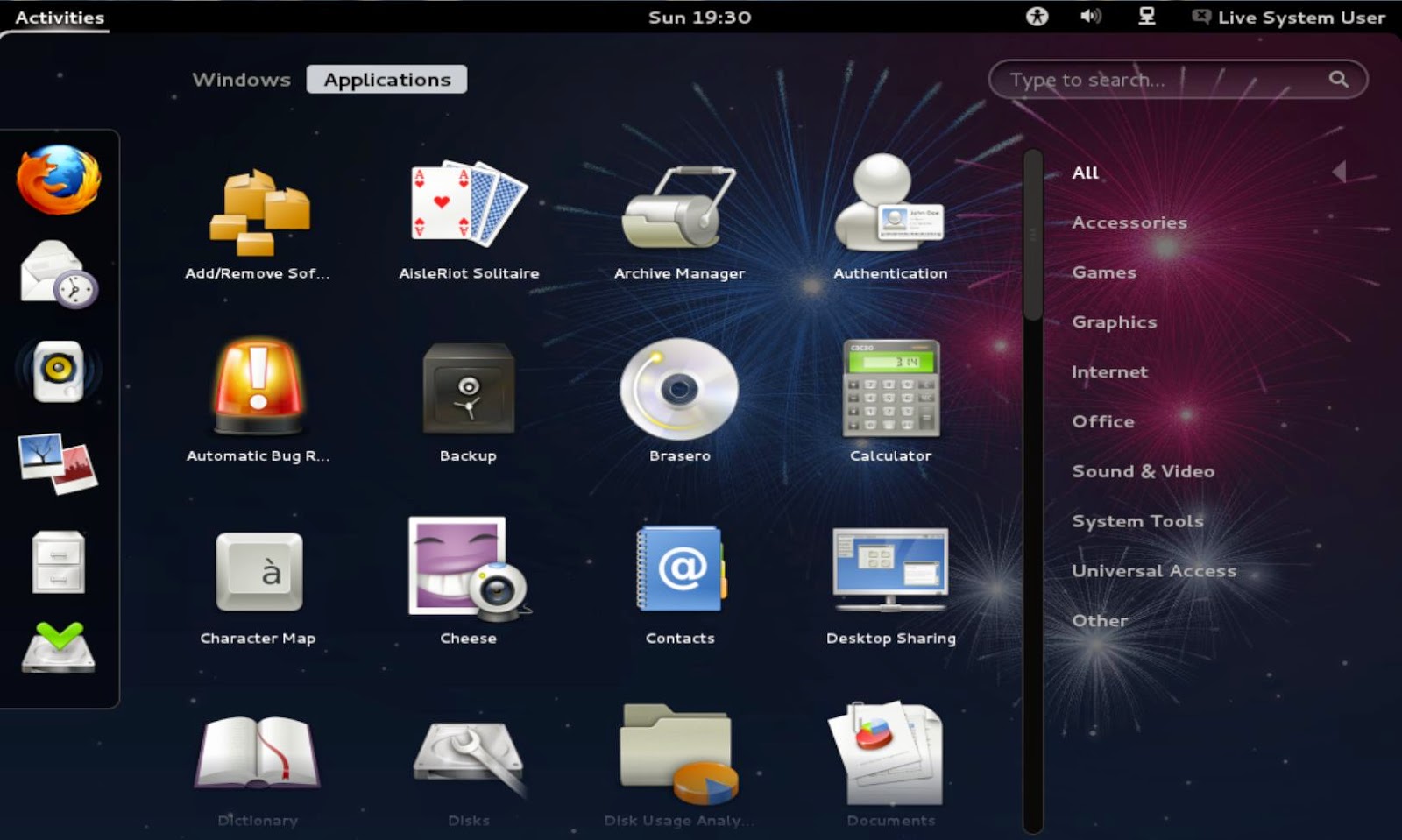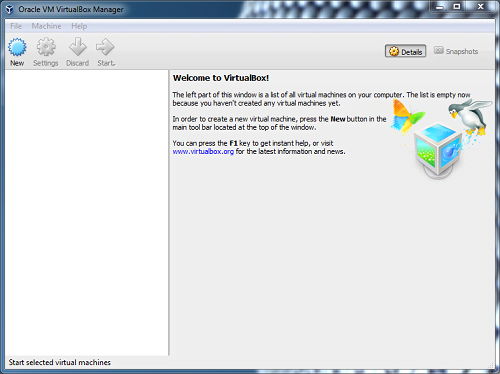
Having discussed the enormous capabilities of the virtualization technique, here in this article we provide an analysis and a summary of the best existing virtualization software specifically for Linux. Virtualization is also adopted by many for personal use, e.g., users can create virtual servers on their machine enabling them to install different operating systems, such as installing macOS or Linux on a Windows machine. However, different businesses adapt the technology to advance their business needs and requirements. Virtualization is most preferred and applied for cloud computing.

In layman’s terms, it gives users access to multiple systems in a single computer system. The process duplicates the underlying system hardware enabling users to create multiple versions of operating systems, hardware platforms, storage devices, or computer network resources. Of course, who would not like their computer system to do a bit more than they had expected it to? Virtualization does not offer a “bit” more, it rather extends the capabilities of a system drastically.

Virtualization software enabling millions of users, systems, businesses around the globe has become a popular subject among computer and technology users.


 0 kommentar(er)
0 kommentar(er)
